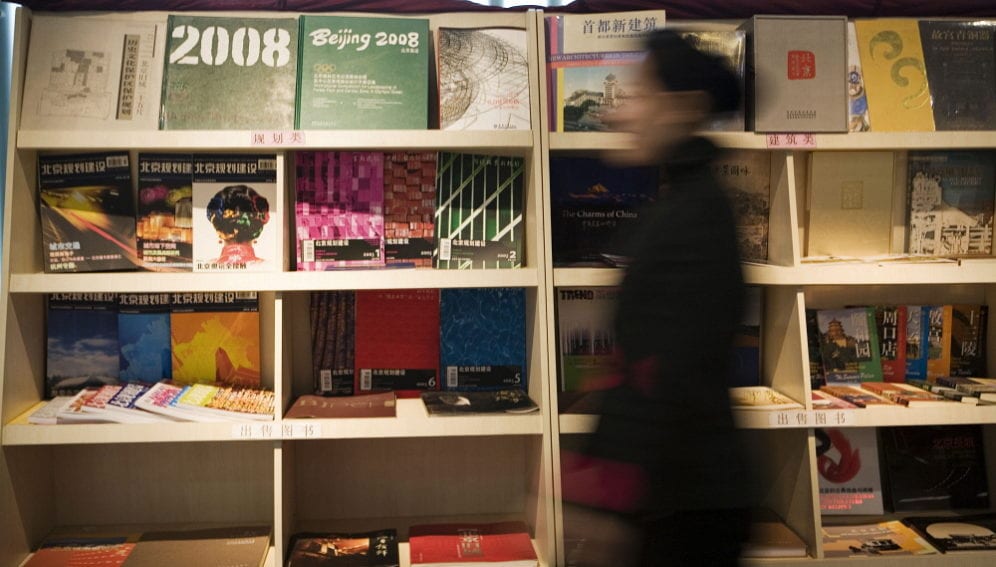By: Joshua Howgego
Send to a friend
The details you provide on this page will not be used to send unsolicited email, and will not be sold to a 3rd party. See privacy policy.
Last week a coalition of organisations that would like to see countries transition swiftly to a green economy called a meeting to brainstorm ideas of stories that would help sell their cause.
A green economy is an idea I support, so I accepted an invitation to go along. But, joining the collection of businesspeople and NGO representatives on the day, I was surprised at how poorly they understood the concept of a story.
I’d like to offer my take on how an understanding of the differences between a narrative, a message and the fuzzy concept of a ‘story’ might be helpful in pushing this agenda.
But first, some background. The meeting was convened by the Green Economy Coalition (GEC). The group’s convenor, Oliver Greenfield of the International Institute for the Environment and Development, explained that transitioning to a green economy has been promoted using different key messages in the past.
Before the Rio+20 summit, for example, it was about averting a crisis of global warming. After that, it was about capitalising on an opportunity to use green technology, such as solar panels, that simply made economic sense.
But now — given the lack of public interest in this important topic — new rhetoric is needed, Greenfield said at the meeting last week (1 September).
So after an update on progress towards green economies globally, delegates at the meeting were asked to pitch a story to a panel of judges that they would use to sell the idea of a green economy. Straight away I detected confusion.
No one seemed to be working from the same brief. Some people seemed to want to persuade the judges with factual arguments, others wanted to inspire them using historical examples, while still others invented hypothetical examples of choices policymakers might face and posed rhetorical questions.
As a journalist, when I think of the word ‘story’ I think ‘narrative’. And my working definition of that is a told account of how characters and events unfold in space and time. If we accept this definition, then a logical argument is not a story because it doesn’t have a setting. A hypothetical choice isn’t either, because it’s suspended in a make-believe moment, with no action taking place before or after.
Why does this matter? Because a good story is engaging and sticks in people’s minds. Humans love stories: we fill our leisure time with books, films and plays.
Kudos to GEC for understanding the power of stories to engage people with the green economy. Where it could have done better, I think, was in distinguishing properly between a story and the message — the moral, if you like — that the coalition wanted it to convey.
Interestingly though, towards the end of the morning, the event did touch on this latter idea.
After the story pitching exercise, GEC polled the delegates, asking which aspects of the green economies’ benefits they thought would appeal most to people. Here are the responses to one of the questions:
So what are we to take from all this? Two things, I think.
First, the poll presents a clear view from the delegates: environmentalism isn’t in vogue right now, so to engage people on the green economy the coalition should be focusing on the movement’s other benefits, including inequality reduction. Whether this is true or not, it will give the coalition food for thought.
Second, if the coalition is serious about harnessing the power of narrative to sell its message, it needs to craft those narratives using particulars: characters in specific locations and times. Deciding on what those are will be tough though, without a clear idea of the story’s main thrust.














